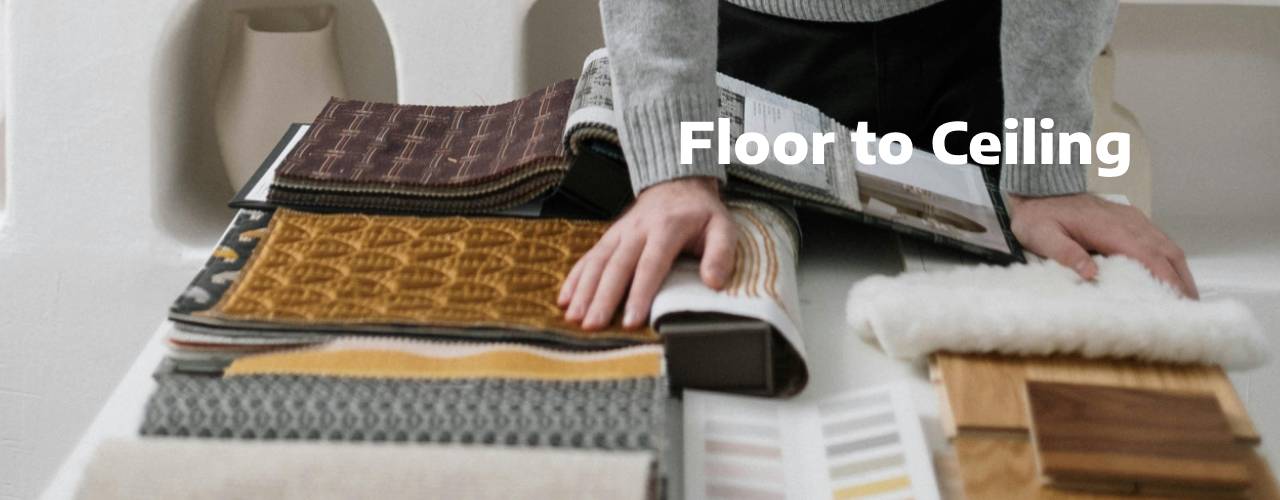Materials and Insulation
Foundational Materials:
List down materials needed for the foundation and walls on your checklist. Track their weight for mindful planning.
Framing for Insulation:
Before choosing insulation, build the framing or furring strips to attach insulation and wall materials.
Floor Insulation Considerations
Insulating the Floor:
For colder climates, insulate the floor. Consider heated elements if you desire. In warmer regions, floor insulation might be unnecessary. The jury is out on whether or not to insulate the floors. You may shorten interior height if you add too much. Even in a mild winter climate the floors tend to be cold and uncomfortable. That can be solved with throw rugs. In very cold temperatures you will not want to skip insulation and if your budget allows you may even want to install a heated floor panel.
Again, keep in mind that insulation will reduce interior height. Measure carefully, especially if you’re tall.
Ceiling Insulation
Protecting from the Sun:
Insulate the ceiling to protect against the sun turning your van into an oven. Be mindful of the height loss when adding insulation but do not skip this step.
Designing your camper van is an exciting endeavor. Choose a floor plan that resonates with your lifestyle, and carefully consider the materials, insulation, and layout.
Insulating Materials for Comfort and Efficiency
The insulation you choose plays a crucial role in ensuring your mobile dwelling is comfortable, regardless of external temperatures. There’s an ongoing debate about the best insulation options for walls, ceilings, and floors, with three primary contenders: wool insulation, 3M Thinsulate, and spray foam insulation. Let’s look into the pros and cons of each to help you make an informed decision tailored to your needs.
Wool Insulation:
Pros:
Excellent insulation against cold and heat.
Natural fibers provide good thermal regulation.
Cons:
Possibility of bugs living in the wool due to its natural composition.
3M Thinsulate:
Pros:
Easy to apply to walls, expands after application.
Thin yet effective insulation against both heat and cold.
User-friendly and convenient to work with compared to other options.
Cons:
May not be as dense as some alternatives.
Spray Foam Insulation:
Pros:
Effective in keeping out hot and cold temperatures.
Provides sound insulation as well.
Cons:
Learning curve for application; professional installation might be preferred.
Messy process with time-consuming trimming.
Permanent solution; challenging to modify or remove if needed.
Note: The insulation choice is a personal one, influenced by factors like desired insulation properties and ease of application. Consider consulting with professionals or experienced builders to make the best decision for your unique van build.




